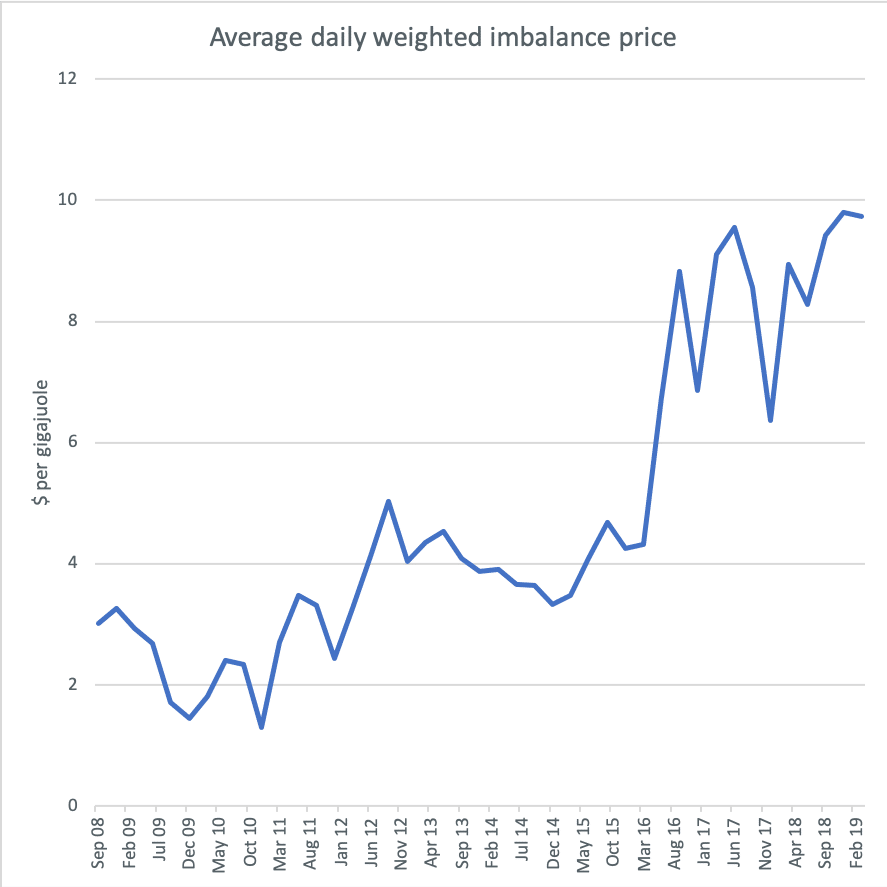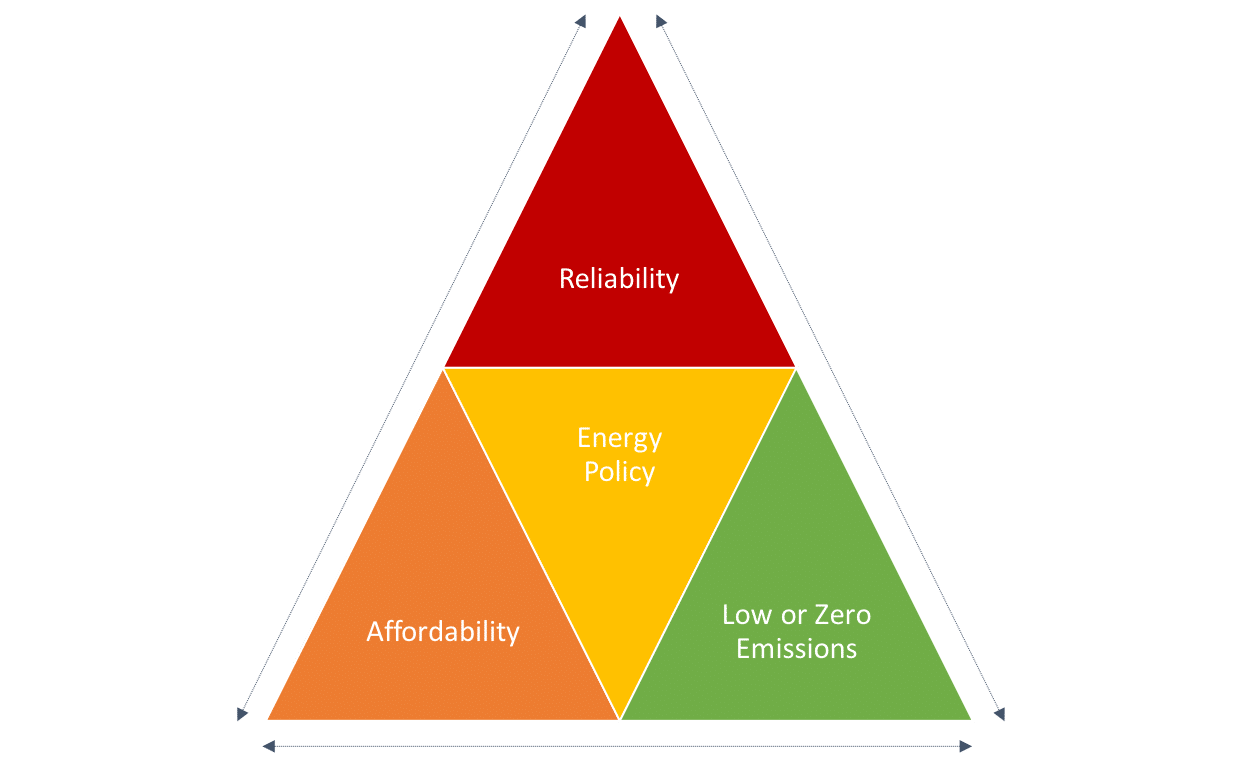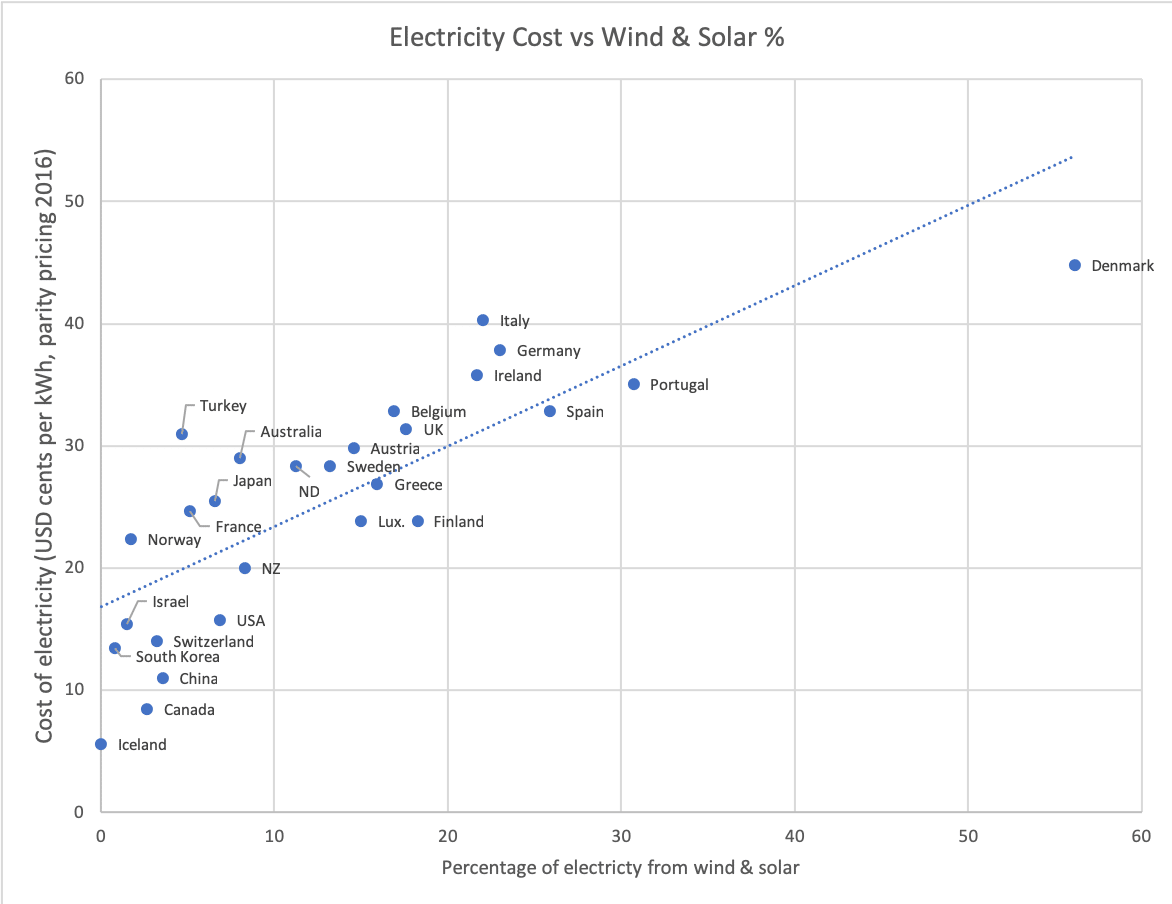Investor News
High energy costs take another scalp
The high cost of energy, in this case, natural gas, has played a large part in claiming yet another victim.
Manufacturing giant Dow Chemicals is closing its Altona plant, citing rising gas prices and increasing international competition (i.e. it's cheaper to do business overseas) as contributing factors.
The Age's Nick Toscano and Paul Sakkal reported on the closure, noting:
Gas prices in Australia have increased sharply in recent years amid supply pressures that have sparked warnings of a potential east-coast shortage
It's clear that domestic gas prices are killing manufacturing in Victoria and negatively impacting the viability and competitiveness of energy-intensive industries generally.
And with the increase in the wholesale price of gas from ~$2GJ back in 2010, to almost $10GJ today, it's clear why the cost of doing business for large energy users is driving so many to the wall and making us relatively uncompetitive on an international basis.

The Australian Workers Union Secretary Ben Davis fears this is the first of many such closures to come, with devastating implications for the workers and their families.
Over at the Brisbane Times, Stuart Layt added further context to our gas price crisis, covering the release of a new report yesterday by the ACCC, noting:
- The recent collapses of Queensland-based brickmaker Claypave and NSW coffee cup makers RemaPak were blamed on the price of gas, which the ACCC noted in its report would hit $11 per gigajoule this year.
- NSW Narribri gas field to bring on more supply
- Queensland has announced a raft of gas exploration projects
The Victorian government currently has a ban on new gas projects, due to end in 2020.
Energy Minister Matt Canavan has called on the Victorian Labor government not to extend a moratorium on new gas projects after 2020:
“My understanding is it would require action from the Victorian government to continue and I would just urge the Victorian government to let common sense prevail here,” Senator Canavan said.
“If they don’t, they have to be held responsible for any manufacturing job losses that result because of that decision.”
Nowhere is the rising cost of energy felt more than across our primary industries. The very businesses that put roofs over our heads and food on our tables.
Many of Victoria's primary industries rely on energy to make heat, hot water or steam as part of their process.
These businesses rely on utility-scale boiler systems capable of generating megawatts of heat.
Prior to the closure of the Morwell briquette plant in 2014, brown coal briquettes were a reliable fuel source. Natural gas was used by businesses close enough to the gas network to justify the cost of connection.
The closure of the briquette plant saw many businesses switch to natural gas and biomass, with the promise of lower cost and lower emissions.
Businesses that switched to biomass are having problems with quality and availability because of increased demand in the face of seasonal supply.
Some have resorted to expensive backup options, such as diesel or bottled LPG.
Underlying the problem is well-intentioned but poorly thought out policies that dogmatically demand the subsidised uptake of Wind and Solar for our electricity needs and block the development of new gas reserves, forcing up the price of electricity and gas.
Yet the proponents of these policies have no solution for our threatened energy-reliant industries that depend on utility-scale heat to deliver everyday products like meat, milk, bread and cheese to our supermarket shelves or the timber, bricks and glass to our housing industry.
Wind and Solar have so far proven incapable of producing affordable, reliable supplies of electricity let alone volumes of heat, hot water or steam. And now that gas is so expensive, many businesses are scrambling to find solutions to keep their doors open.
This has created an opportunity for our Coldry solid fuel.
Affordable, reliable and efficient, Coldry is capable of solving our boiler fuel affordability crisis.
We recently launched our steam and boiler package division and are pleased to report we're helping a number of businesses across Victoria and Tasmania to rein in their energy costs.
More than just selling solid fuel at a price that helps customers remain viable, our expert team assesses their current system, scopes upgrades and finds the lowest total cost of ownership solution.
Underling the energy price crisis is the 'energy trilemma':
Affordable, reliable or low-emission... pick any two.

In the drive for lower emissions, reliability and affordability have been sacrificed, threatening economic security.
The Energy Trilemma is founded on the fundamental physics of energy.
Nowhere in the world does high wind and solar penetration coincide with low electricity prices.

While wind and sunshine are free, the plant and equipment to capture them are not.
And while wind and solar have dramatically reduced their cost, they are still more expensive because they require firming (backup) from gas, coal, nuclear or hydropower, or costly batteries to be reliable.
Coldry provides an affordable, reliable alternative to natural gas and biomass, helping keep down costs and stem the loss of jobs.
If you're an energy-intensive business that's facing profitability pressure, shoot us an email. Our team of experts will work with you to understand your needs and deliver a solution that could save you around 15%.